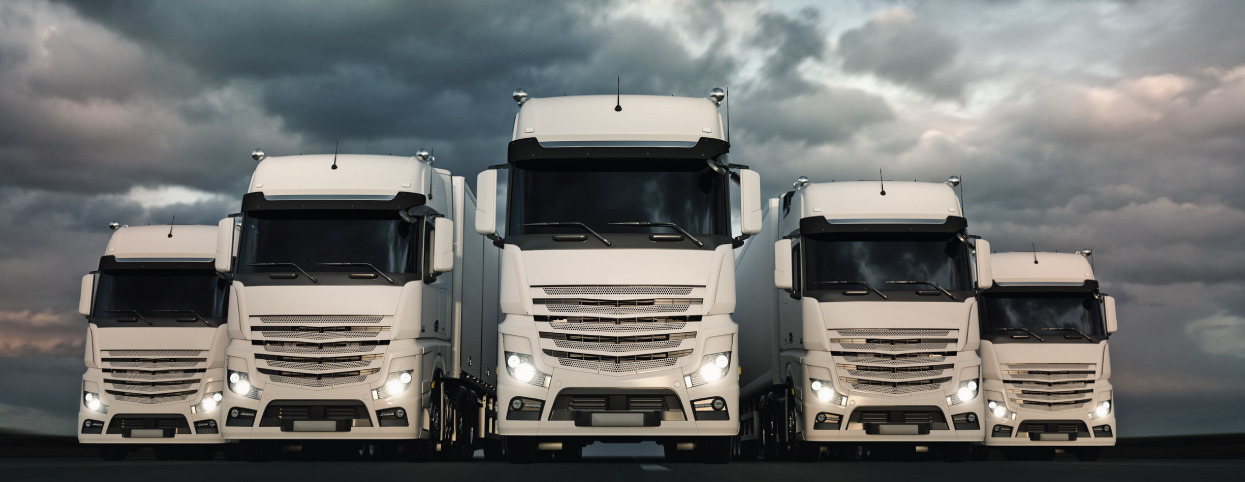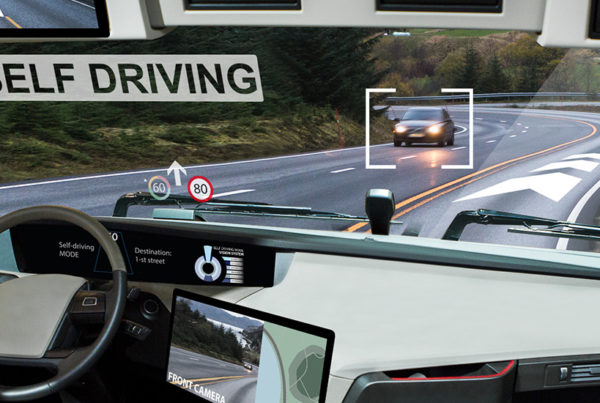Big Data solutions allow fleet managers to harness mountains of information and make strategic actionable changes to their fleet. Discover how Big Data and intelligent automated solutions are helping improve vehicle performance and fleet management.
The traditional guesswork went out of fleet management a long time ago. Today, modern trucks and trailers use automation technology to help fleet managers collect a range of information, which helps them make vital decisions on costs, performance and operations in the blink of an eye.
These intelligent solutions are powered by Big Data. From driver productivity to vehicle performance, the mountains of data that can be easily collected and curated can shape the future of a business, giving you greater visibility of your fleet and helping you simplify complex information to identify where savings can be made.
What is Big Data?
Big Data is a term used to describe huge volumes of information that can be analysed to display trends and patterns, helping you make informed decisions. Manually, it would be close to impossible to crunch all this data, but the digitisation of the fleet industry means that scores of information can be scrutinised and acted upon in shorter periods of time.
That’s where the new generation of software and tools that use Big Data come in. They utilise complex algorithms to process all this information and display results in an easy-to-understand and easy-to-action format.
This means you’ll get access to in-depth data about your vehicles – whether it’s fuel efficiency, driver performance or vehicle downtime – with conclusions that allow you to see the big picture and make choices that are informed and backed up by facts.
Big Data is a term used to describe huge volumes of information that can be analysed to display trends and patterns, helping you make informed decisions.
How can Big Data power fleet management?
But how does this actually work in the real world of managing a fleet?
- Maintenance planning – Big Data-powered solutions provide information on vehicle components. This gives you an overview of their status, so you can take preventive measures earlier – rather than pay for costly repairs and experience unexpected vehicle downtime later.
- Driver performance – You can see how drivers are performing, with statistics on their truck usage when delivering cargo. Big Data lets you track how economical and fuel-efficient they are and identify where additional training or intervention is required.
- Route tracking – When your fleet is on-the-road, you can track wasted hours, inefficient driving routes and then make changes that will help save money and lead to improvements.
Instead of a gut feeling that something is wrong, you’ll have the data at your fingertips to not only prove this is the case, but also help you fix it.

Today, Big Data can already help to improve fuel efficiency and economy - aiming to reduce the ecological footprint of fleets.



